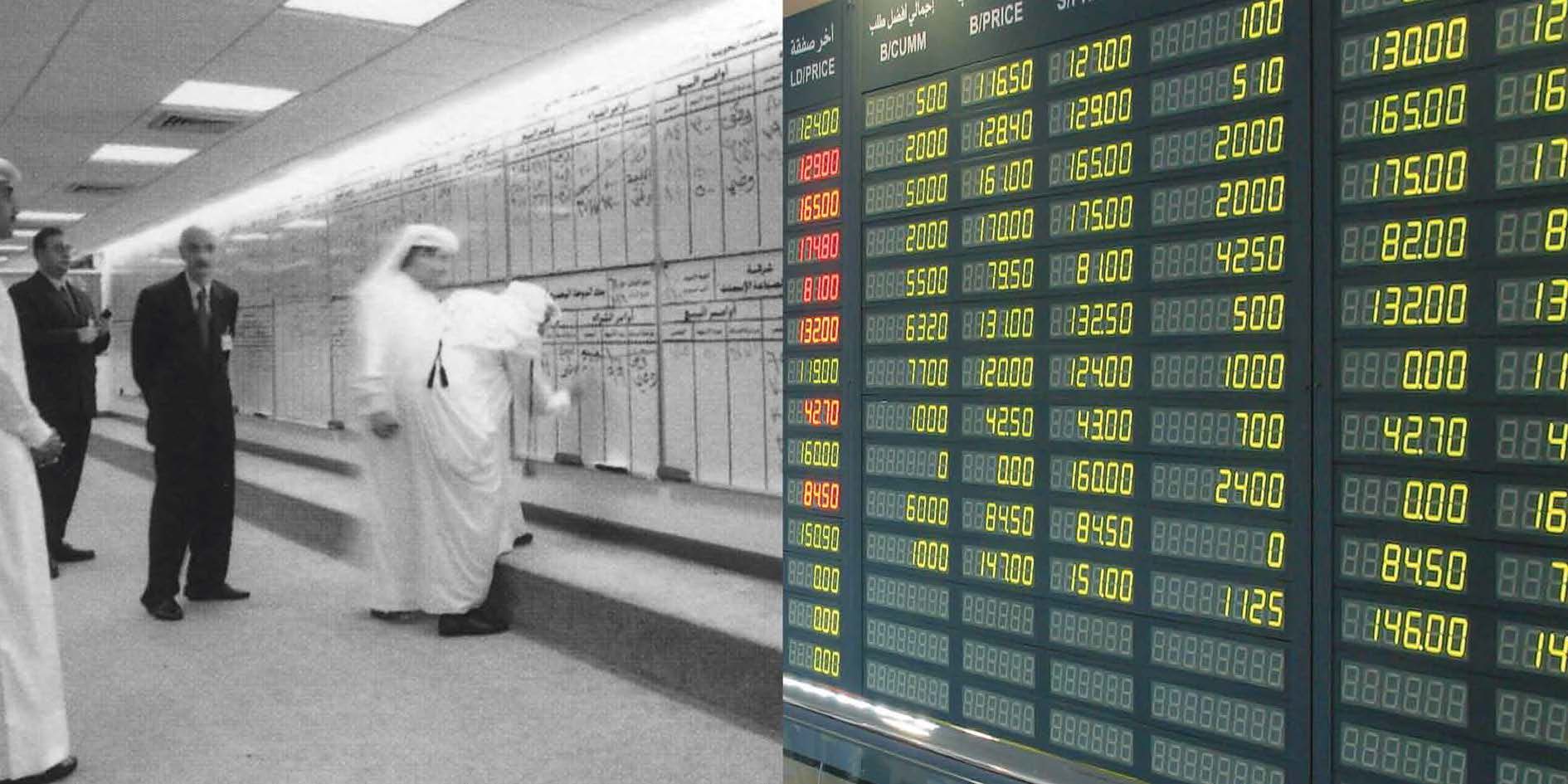
Qatari nationals appear to have taken full advantage of an opportunity to own a stake in their country’s petrochemical industry, buying up QR3.23 billion ($887.46 million) worth of shares in a subsidiary of Qatar Petroleum (QP), amid government incentives and generous lending conditions from banks.
Late last month, the state-owned enterprise launched plans to sell 25.725 percent of its subsidiary Mesaieed Petrochemical Holding Co., and opened a three-week subscription period during which Qatari citizens could apply to buy between 50 and one million shares at QR10 (US$2.75) each.
It was Qatar’s first IPO since 2010. Foreign investors will be able to buy stocks in the company once they start trading, likely next month.
That subscription period ended Tuesday. Officials said in statement this afternoon that the offering was fully subscribed (meaning all shares were bought), but did not offer specific figures.
The statement added that there was “very significant demand” and the offering was “heavily subscribed for,” but did not specifically use the term oversubscribed, which is when demand for new securities exceeds the number of issued shares.
Why go public?
While companies often seek a public listing to raise capital or increase its profile, this IPO was billed as means for Qataris to start a savings habit. Like residents in neighboring Gulf countries, most citizens and expats here fail to regularly put money away for a rainy day.
Despite that goal, it appears at least some citizens took on debt to invest in Mesaieed, as banks were reportedly willing to lend 100 percent of the money needed to buy shares.
Nevertheless, the IPO was structured to make it easier and more attractive for Qatari citizens to participate than a traditional offering.
For example, institutional investors, such as banks, insurance companies and mutual funds, typically buy up large blocks of shares in IPOs. However, in this case, Mesaieed restricted subscriptions to individual Qatari nationals, as well as Qatar Foundation and the General Retirement and Social Insurance Authority.
Individuals were also offered an incentive to look at Mesaieed as a long-term investment, rather than a potential short-term gain.
QP, which will retain 74.275 percent of Mesaieed, has promised each Qatari investor a free “incentive share” for every stock they own. Half of these shares will be distributed on the five-year anniversary of the IPO, and the remaining 50 percent will be handed out 10 years after Mesaieed stocks start trading.
In a statement, Energy and Industry Minister Mohammed bin Saleh Al-Sada, who also serves as Qatar Petroleum’s chairman and managing director, said:
“The success of this historic IPO clearly demonstrates the confidence investors have in the strengths of (Mesaieed’s) compelling story and the attractiveness of the innovative long-term savings program.”
What’s next?
The company said it expects to announce how many shares each subscriber will receive on Jan. 30. If the offering was oversubscribed, it will offer refunds to shareholders on that date.
Foreign nationals will have the opportunity to buy shares in Mesaieed once the stock starts trading on the Qatar Exchange, likely next month. Non-Qatari citizens will collectively be allowed to hold up to 15 percent of the shares sold during the initial subscription period.
Mesaieed is expected to be the first company to go public on the Qatar Exchange in four years.
Barwa Bank CEO Steve Troop discussed plans for a QR2.05 billion ($562.92 million) IPO as recently as last April, but the financial institution – which saw Qatar’s sovereign wealth fund become its largest shareholder earlier this week – has not offered any further comments since.
Did you participate in the IPO? Thoughts?







